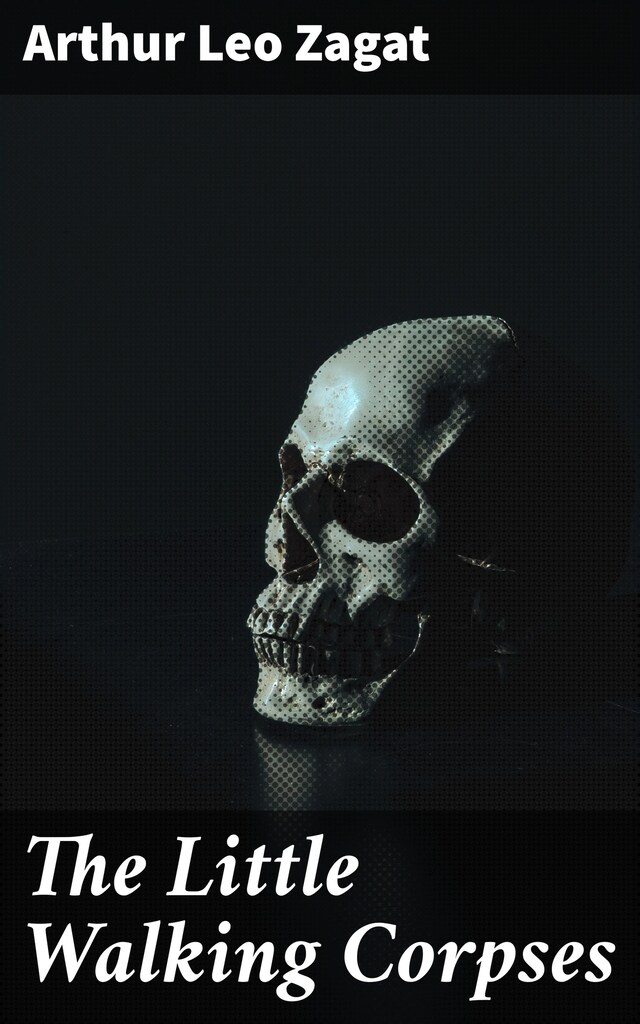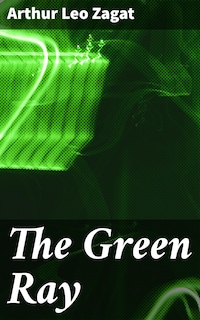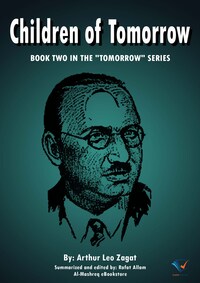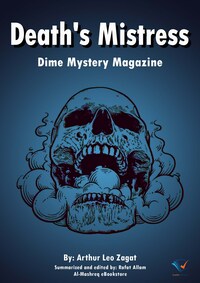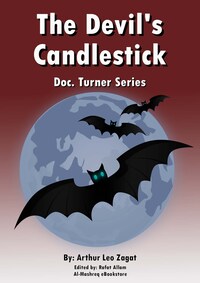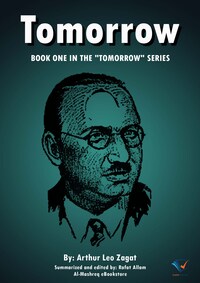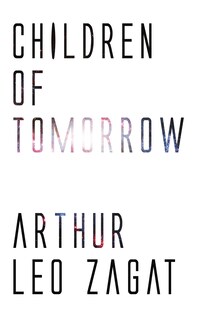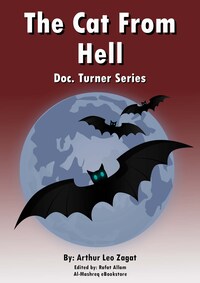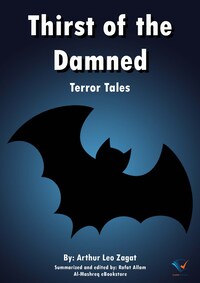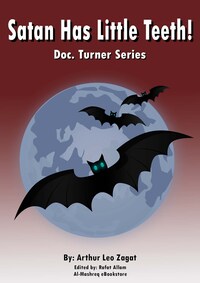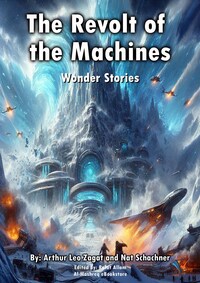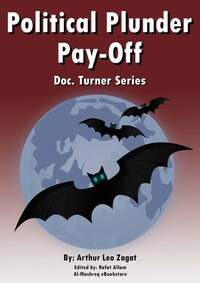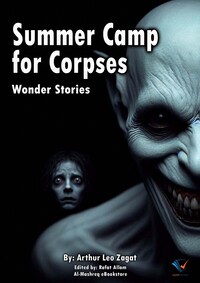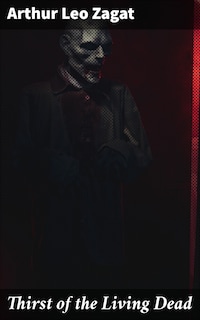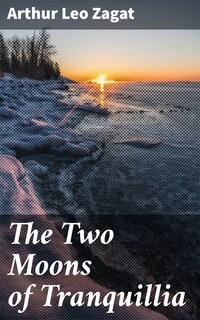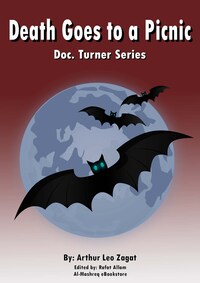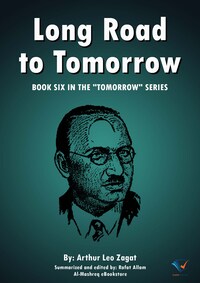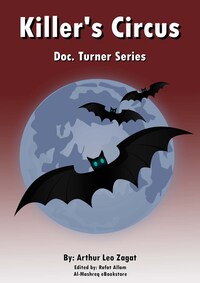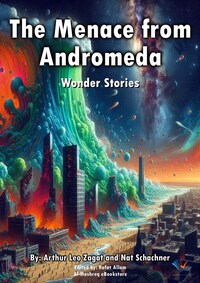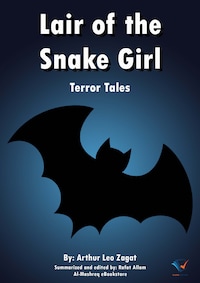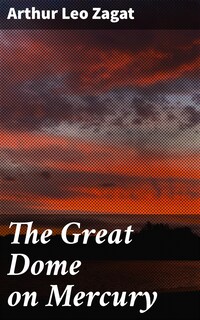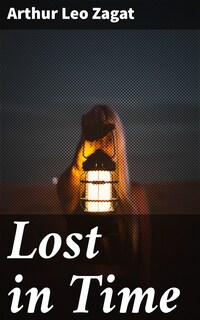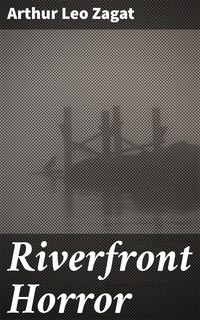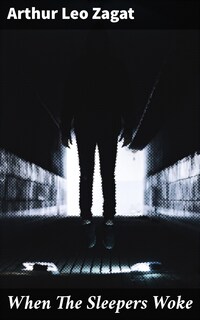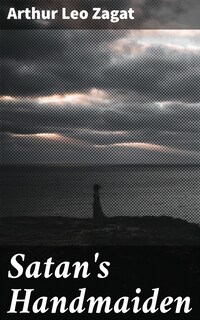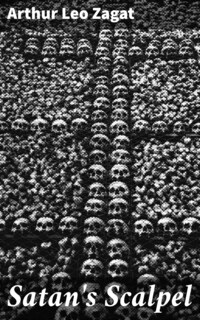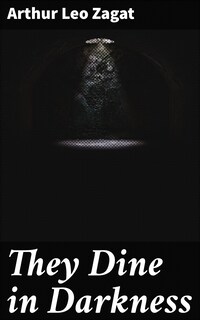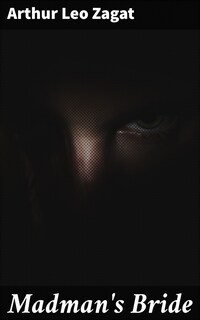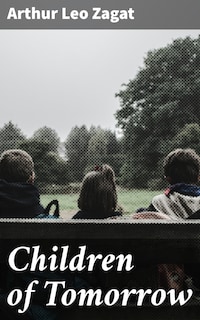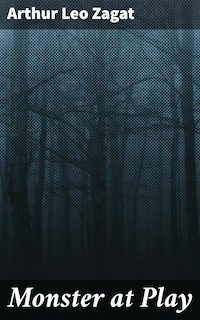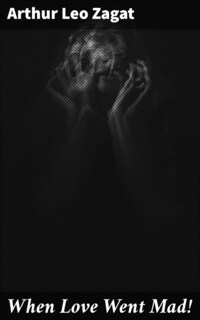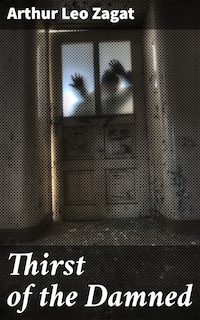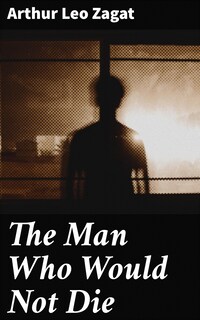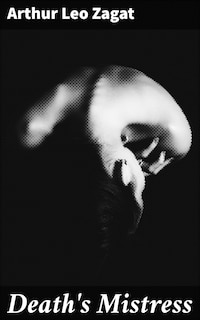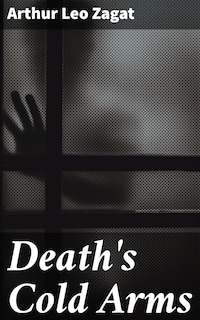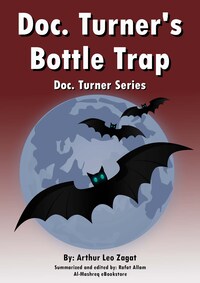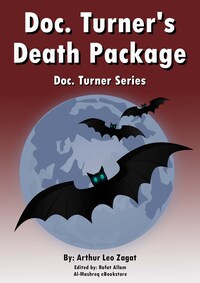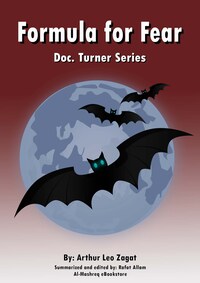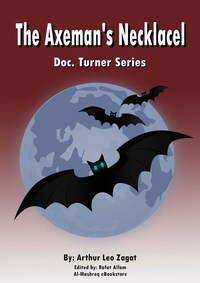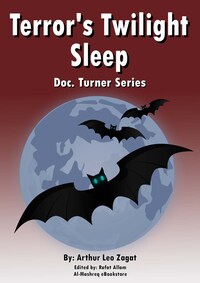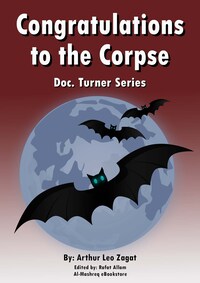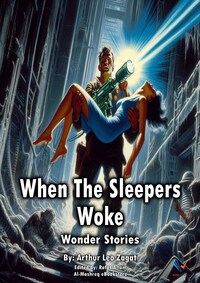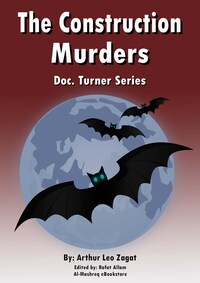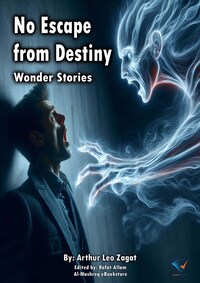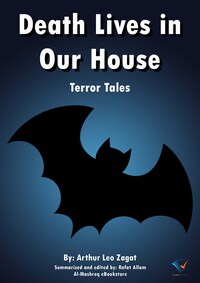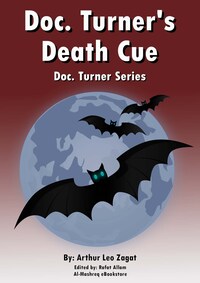The Little Walking Corpses
Resilience and Survival in a Post-Apocalyptic World
Description of book
In "The Little Walking Corpses," Arthur Leo Zagat weaves a gripping narrative that combines elements of horror and science fiction, reflecting the anxieties of an early 20th-century society grappling with rapid technological advancements and existential dread. Set against a backdrop of urban decay, Zagat's prose employs vivid imagery and suspenseful pacing, allowing readers to delve into the unsettling premise of a world where human corpses are reanimated, exploring themes of mortality, identity, and the ethical implications of scientific experimentation. The work is situated within the broader context of the burgeoning pulp fiction movement, which sought to entertain while also engaging with social fears prevalent during the era of industrialization and war. Arthur Leo Zagat, an influential figure in the realm of speculative fiction, drew inspiration from contemporary concerns about the fragility of life and the dark side of scientific progress. His experiences as a writer in New York City, coupled with his interest in the macabre, inform the chilling atmosphere of "The Little Walking Corpses." Zagat's keen understanding of human psychology and societal pressures is evident in his exploration of characters grappling with the monstrous consequences of their actions. This compelling tale is a must-read for aficionados of horror and science fiction alike. Zagat's adept storytelling and thought-provoking themes invite readers to reflect on the moral complexities of humanity, making "The Little Walking Corpses" not just a narrative of fear but also a profound commentary on the nature of life and death in an age of uncertainty.
 Arthur Leo Zagat
Arthur Leo Zagat 37 Pages
37 PagesFill your life with stories
from €7.99/month
Enjoy a world of audiobooks and e-books. No commitments. Cancel at any time.
